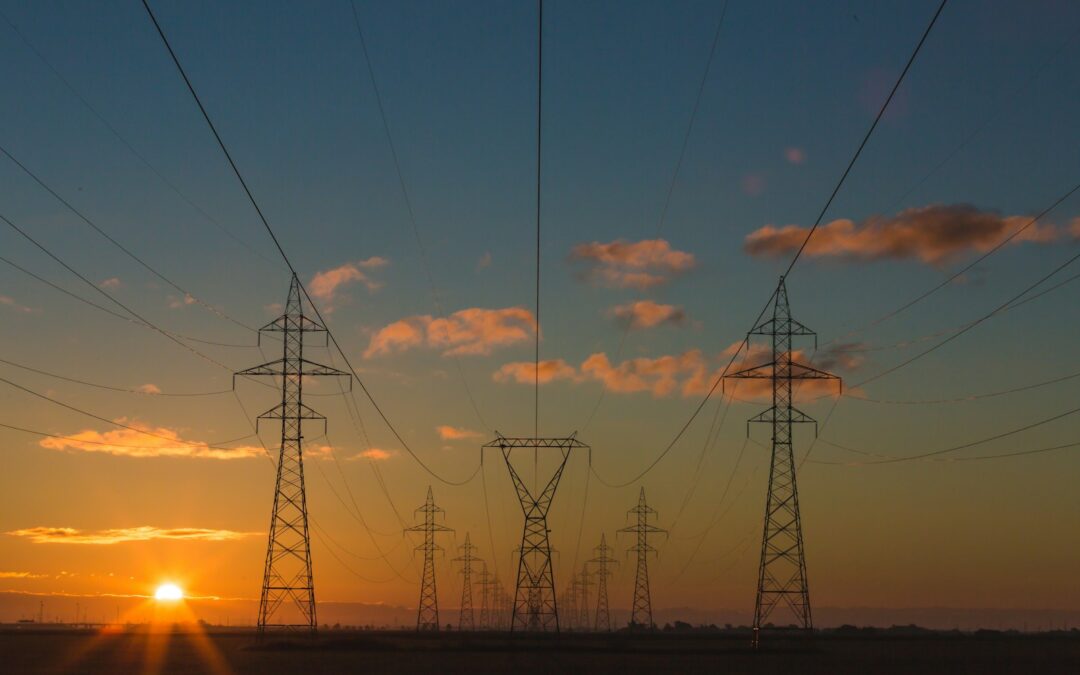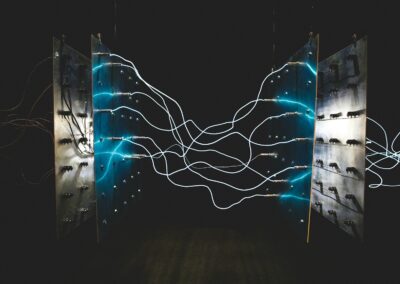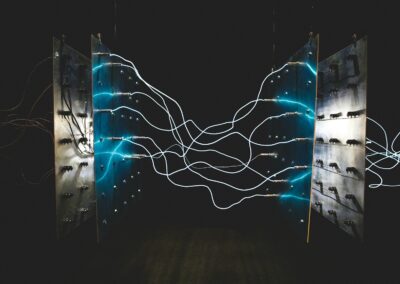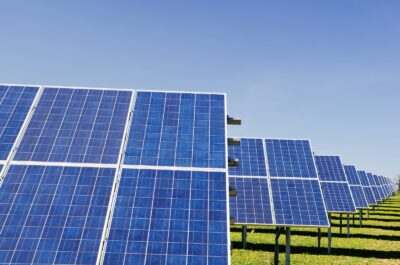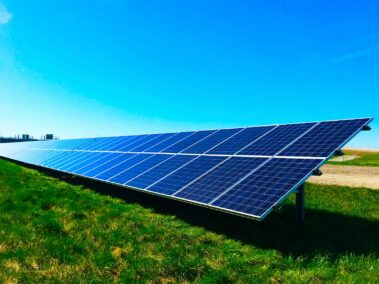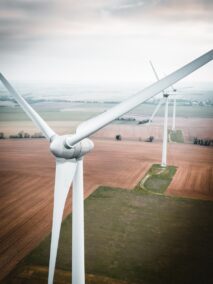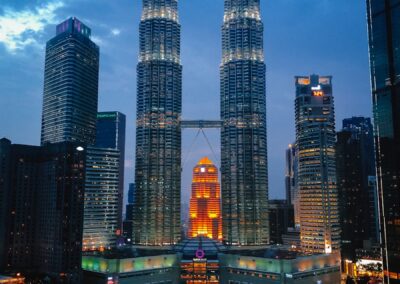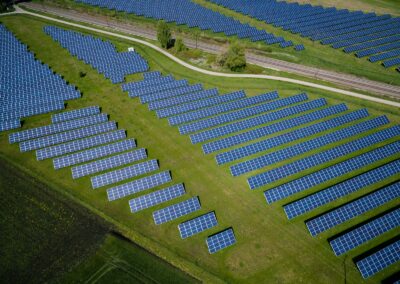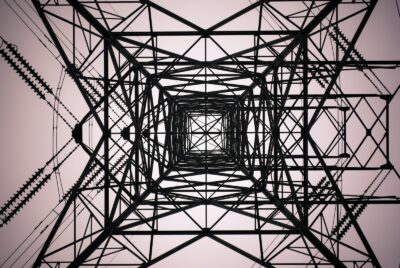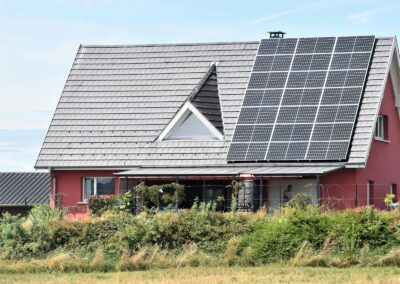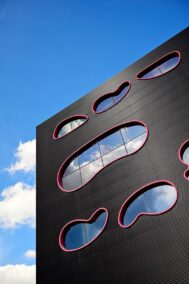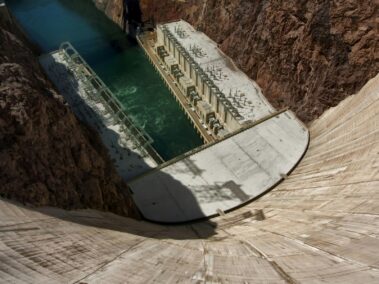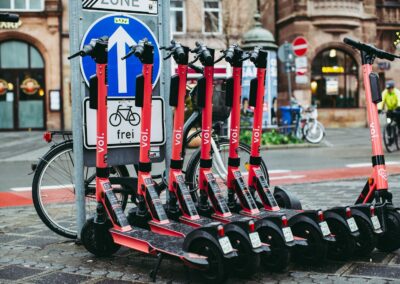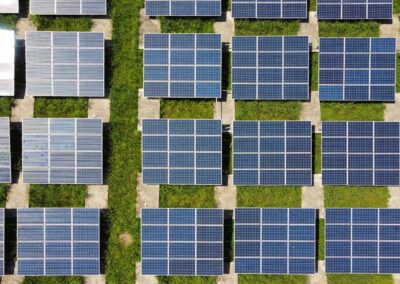How Renewable Energy Integration Enhances Smart City Infrastructure
Harnessing the Power of Renewable Energy
The integration of renewable energy sources with smart city infrastructure is a vital step towards creating sustainable urban environments, particularly in regions like Saudi Arabia and the UAE. In cities such as Riyadh and Dubai, the incorporation of solar, wind, and other renewable energy sources into the energy grid significantly reduces dependence on fossil fuels, decreases greenhouse gas emissions, and promotes environmental sustainability. By leveraging advanced technologies such as Artificial Intelligence (AI) and the Internet of Things (IoT), these cities can optimize energy production, distribution, and consumption, ensuring efficient and sustainable energy management.
AI-driven energy management systems play a crucial role in optimizing the use of renewable energy. These systems analyze data from various sources, including weather forecasts and energy consumption patterns, to predict energy demand and adjust the supply accordingly. In Riyadh, AI is used to manage solar power generation, ensuring that energy production is maximized during peak sunlight hours and stored for use during cloudy periods or at night. Similarly, in Dubai, smart grids equipped with IoT sensors monitor and control energy flow, balancing the supply and demand to prevent outages and reduce energy waste.
The use of blockchain technology further enhances the integration of renewable energy in smart cities by providing a transparent and secure platform for energy transactions. Blockchain ensures that all energy exchanges are accurately recorded and verified, facilitating peer-to-peer energy trading among residents and businesses. This decentralized approach empowers consumers to produce, share, and sell renewable energy, fostering a more resilient and sustainable energy ecosystem. By embracing these advanced technologies, cities in Saudi Arabia and the UAE are setting new standards for sustainable urban development.
Driving Economic and Environmental Benefits
The integration of renewable energy sources into smart city infrastructure not only promotes environmental sustainability but also drives significant economic benefits. For businesses and municipalities in Saudi Arabia and the UAE, the transition to renewable energy sources can lead to substantial cost savings and increased operational efficiency. By reducing reliance on expensive fossil fuels and lowering energy costs, companies can improve their bottom line and invest in further innovation and growth.
Effective communication and leadership skills are essential for navigating the complexities of integrating renewable energy into smart city infrastructure. Executive coaching services can help leaders understand the strategic importance of renewable energy and develop the skills needed to drive this transformation within their organizations. By fostering a culture of sustainability and innovation, businesses can enhance their reputation and competitiveness in the market.
Management consulting firms play a crucial role in facilitating the adoption of renewable energy solutions. These consultants provide expertise in project management, change management, and technology integration, ensuring that renewable energy projects are implemented smoothly and effectively. In the long run, businesses and municipalities that invest in renewable energy integration will be better positioned to meet regulatory requirements, reduce operational costs, and contribute to broader sustainability goals.
Building Resilient and Sustainable Urban Environments
The integration of renewable energy sources with smart city infrastructure is essential for building resilient and sustainable urban environments. As cities like Riyadh and Dubai continue to grow and develop, the demand for energy will only increase. By adopting renewable energy solutions, these cities can meet their energy needs sustainably, reduce their environmental impact, and enhance the quality of life for their residents.
The use of generative AI and advanced data analytics can further enhance urban planning and development. These technologies enable city planners to create detailed simulations and models, predicting the impact of new developments on energy consumption and infrastructure. This proactive approach ensures that new projects are designed with sustainability in mind, minimizing their environmental footprint and contributing to the overall resilience of the city.
Moreover, the integration of renewable energy aligns with the broader vision of sustainability outlined in initiatives like Saudi Vision 2030 and the UAE’s National Agenda. These strategic plans emphasize the importance of environmental stewardship and the role of technology in achieving sustainable development goals. By investing in renewable energy solutions, Saudi Arabia and the UAE are demonstrating their commitment to creating sustainable, livable cities for future generations.
#SmartCities #RenewableEnergy #Sustainability #SmartCityInfrastructure #AI #Blockchain #Dubai #Riyadh #UAE #SaudiArabia

